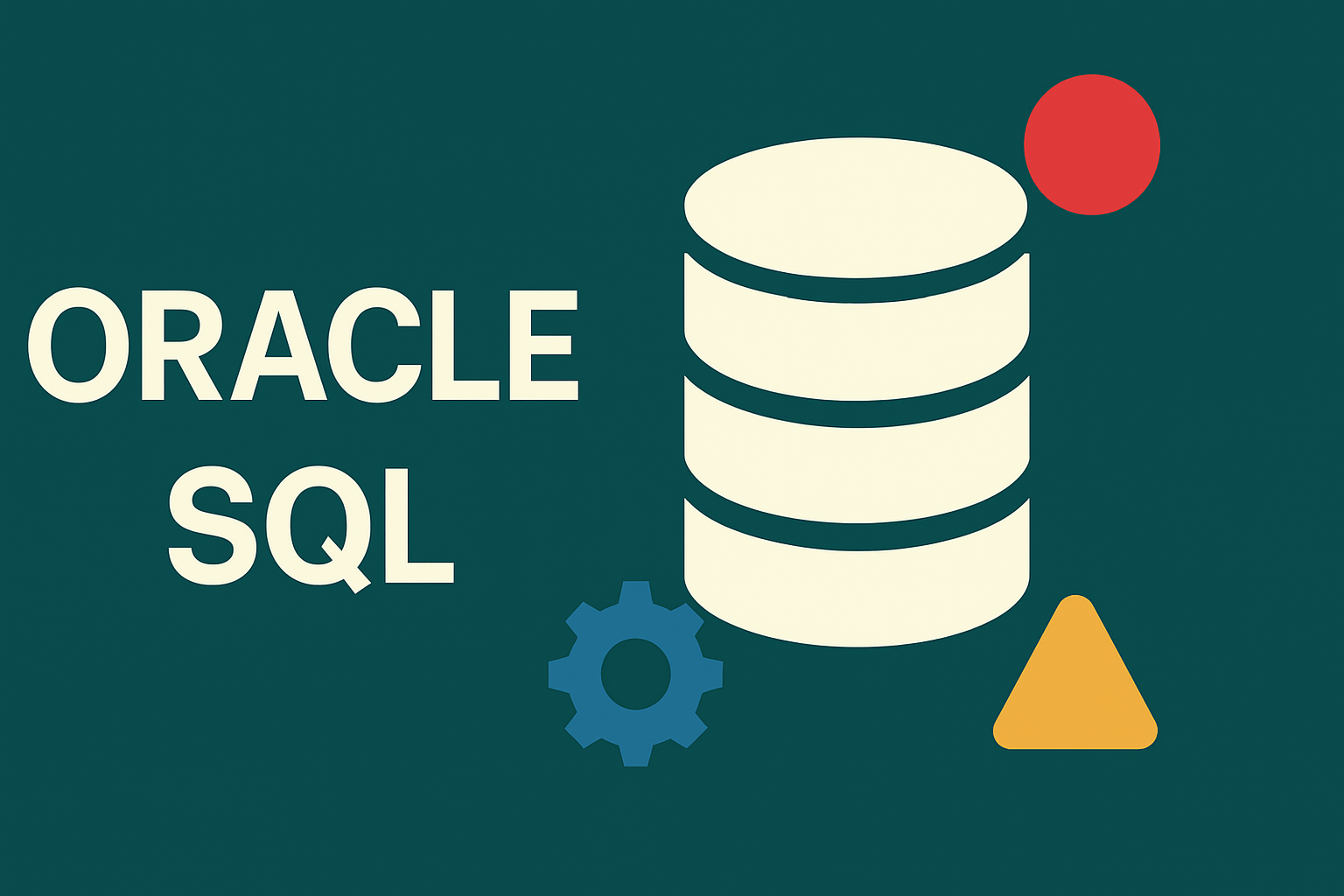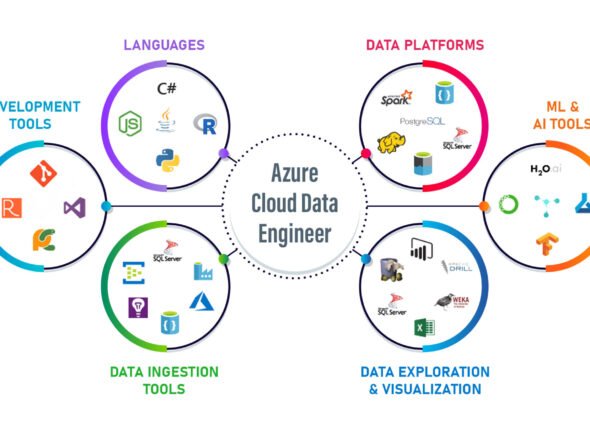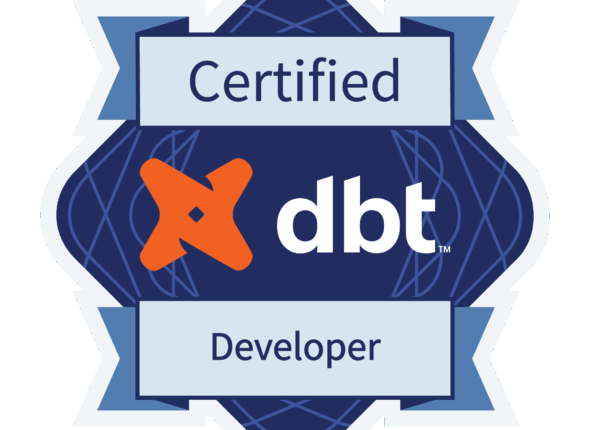Course Content
1. Introduction to Databases and SQL
You don't currently have access to this content
7 Topics
What is a Database?
You don't currently have access to this content
Types of Databases (Relational, NoSQL)
You don't currently have access to this content
Overview of DBMS (Database Management System)
You don't currently have access to this content
Introduction to Oracle Database
You don't currently have access to this content
SQL Overview
You don't currently have access to this content
SQL Syntax
You don't currently have access to this content
SQL Statements (DDL, DML, DCL, TCL)
You don't currently have access to this content
2. Install tool Guideline
You don't currently have access to this content
3. Basic Query
You don't currently have access to this content
7 Topics
SELECT Syntax
You don't currently have access to this content
Retrieving All Columns (SELECT *)
You don't currently have access to this content
Retrieving Specific Columns
You don't currently have access to this content
Distinct Keyword (SELECT DISTINCT)
You don't currently have access to this content
WHERE Clause
You don't currently have access to this content
ORDER BY Clause
You don't currently have access to this content
Sorting Ascending and Descending
You don't currently have access to this content
4. Aggregate Function
You don't currently have access to this content
2 Topics
COUNT, SUM, AVG, MIN, MAX
You don't currently have access to this content
GROUP BY Clause
You don't currently have access to this content
5. Substring
You don't currently have access to this content
5 Topics
Upper
You don't currently have access to this content
Lower
You don't currently have access to this content
Trim
You don't currently have access to this content
Length
You don't currently have access to this content
Sub string
You don't currently have access to this content
6. Theory of ETL Testing
You don't currently have access to this content
7. Numeric Function
You don't currently have access to this content
4 Topics
8. Set Operators
You don't currently have access to this content
3 Topics
UNION, UNION ALL
You don't currently have access to this content
INTERSECT
You don't currently have access to this content
EXCEPT (MINUS in Oracle)
You don't currently have access to this content
9. Constrains
You don't currently have access to this content
2 Topics
NOT NULL, UNIQUE, PRIMARY KEY, FOREIGN KEY
You don't currently have access to this content
CHECK Constraints
You don't currently have access to this content
10. Analytics Function
You don't currently have access to this content
2 Topics
ROW_NUMBER(), RANK(), DENSE_RANK(),
You don't currently have access to this content
LEAD(), LAG()
You don't currently have access to this content
11. Joins
You don't currently have access to this content
5 Topics
Introduction to Joins
You don't currently have access to this content
Inner Join
You don't currently have access to this content
Left Join (Outer Join)
You don't currently have access to this content
Right Join (Outer Join)
You don't currently have access to this content
Cross Join
You don't currently have access to this content
12. Subqueries
You don't currently have access to this content
2 Topics
Single Subqueries, Multi Row Subqueries, Multi Row and Multi Column Subqueries
You don't currently have access to this content
Correlated Subqueries
You don't currently have access to this content
13. View
You don't currently have access to this content
3 Topics
Creating and Dropping Views
You don't currently have access to this content
Updatable vs Non-updatable Views
You don't currently have access to this content
Complex Views with Joins and Aggregations
You don't currently have access to this content
14. Index
You don't currently have access to this content
4 Topics
What are Indexes?
You don't currently have access to this content
Creating and Dropping Indexes
You don't currently have access to this content
Types of Indexes (Unique, Composite, Bitmap, etc.)
You don't currently have access to this content
Benefits and Drawbacks of Indexes
You don't currently have access to this content
Includes
14 Lessons
46 Topics




